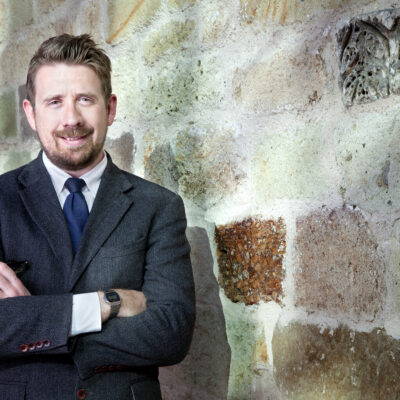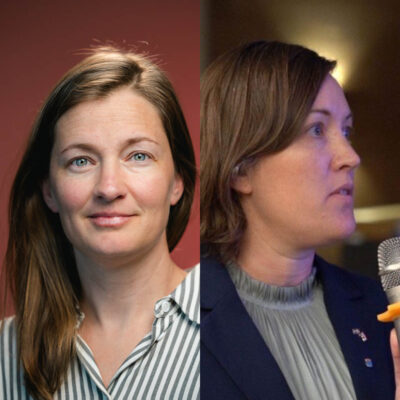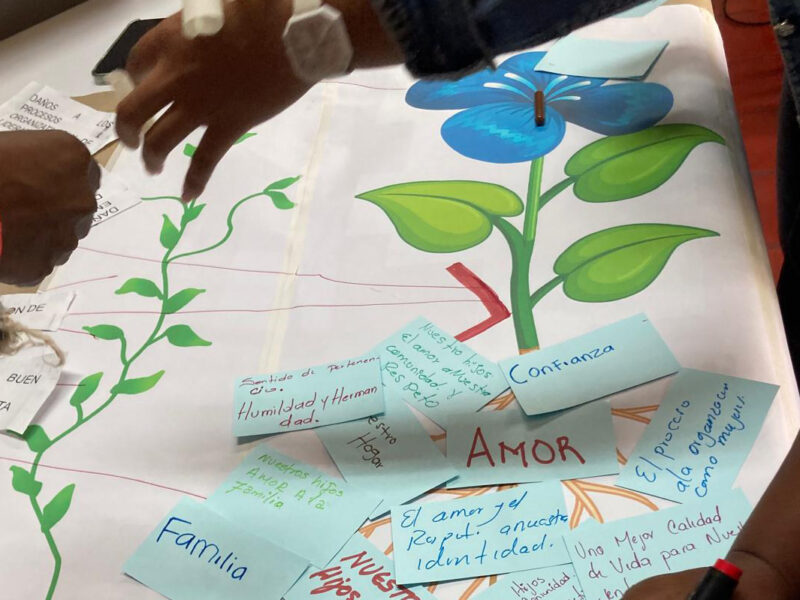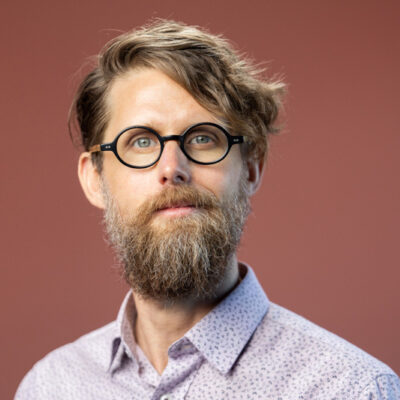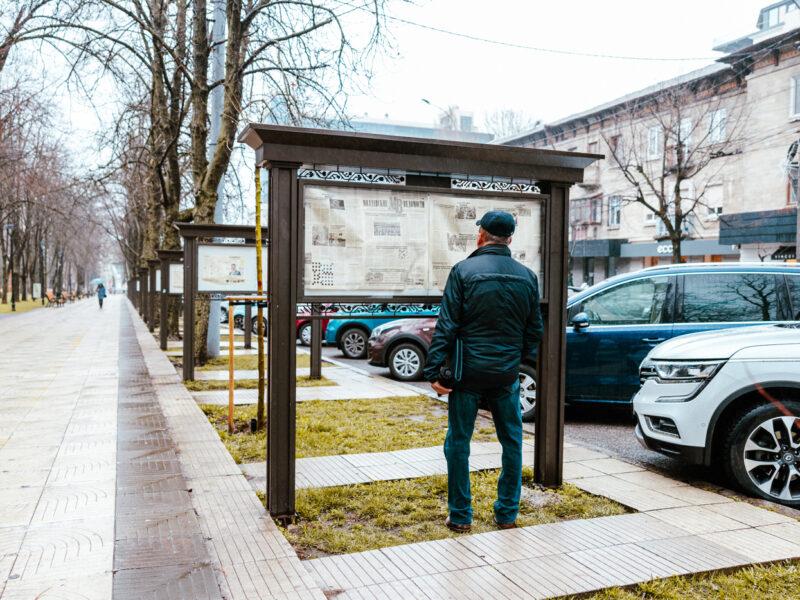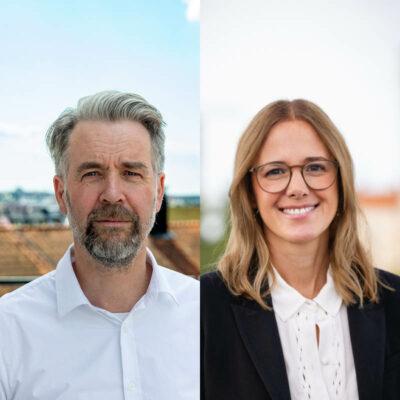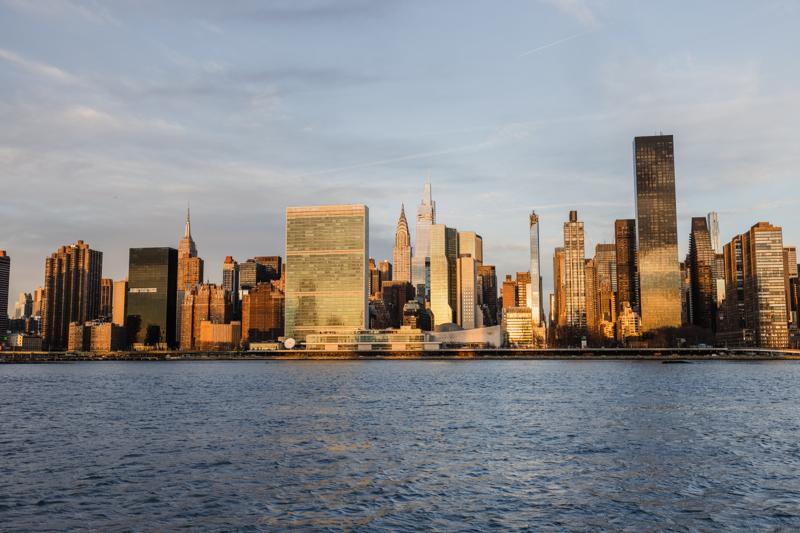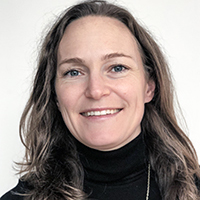There and back again – the unexpected journeys of year COVID
What is the last ‘normal’ thing you remember doing? In the extreme year of 2020, many of us have asked this question, trying to remember the last event or activity where we blissfully, innocently, spent time in public spaces without caution, moving through crowds, kissing cheeks, and sharing food in a way that now feels reckless or at least decadent and daring. For me the answer would probably be attending a wine festival in Kyiv in late February, only vaguely aware of a virus that felt quite far away. Or perhaps taking a long-anticipated trip to Jordan and the ruins of Petra in early March, only days before the seriousness of the global pandemic became impossible to ignore. From then on, life changed quickly.
Those of us working in the EU Advisory Mission to Ukraine (EUAM Ukraine) saw the great majority of international staff advised to quickly leave Ukraine and (temporarily) work remotely from their home countries. Experts, advisers, assistants, and managers focused on long-developed support projects, trainings and course curricula for Ukrainian partners, and legislative advice, now faced the overriding priority of ‘getting out’, continuing to work, and waiting for whatever would come next.
My experience was no different. On 21 March I managed to find a flight from Kyiv to Sweden, one of few remaining opportunities to leave Ukraine by air. This was only the start of my journey home, as despite being Swedish I’m also a U.S. citizen based in California, and I wouldn’t make it to my house in Sacramento until 1 May. Before that, I lived and worked for six weeks in a borrowed apartment in Stockholm, hearing the almost constant sound of helicopters bringing people infected with COVID to the nearby university hospital for treatment during the peak of the pandemic.
I looked with some skepticism at Swedes eating in indoor restaurants, rarely if ever saw people wearing masks inside or outside, and contemplated whether I was living in the only country with a reasonable approach to the pandemic, or indeed in a vast and risky experiment. When I later made it to California, the setting was far more controlled with seemingly better results, as the state had fewer infections and victims than Sweden despite a population four times larger. But this also did not last, as loosened restrictions in June and July led to a few months of rapid growth in infections and deaths that is only now flattening out. Dutifully remaining at home most of the time, I followed social distancing, wore a mask in all public areas, and rode out the virus peak before returning to Ukraine at the end of August.
Once I arrived in summertime Kyiv, I found a city which had mostly lost interest in following the stringent controls advocated by the government, with most people embracing the fashion of wearing masks at the bottom of the neck or below the nose, if at all. Three countries, three approaches, and I really couldn’t say which one I would call correct or ideal. Considering what I have seen, I can only conclude that it is still rather early to declare winners and losers in this global pandemic.
Today, like almost all EUAM staff, I am back in Ukraine again after a full five months away, I sift through my Kyiv apartment like an archaeologist, trying to remember the content and structures of what feels, in many ways, like a previous life. Digging around in suitcases, drawers, and refrigerator compartments, I also haven’t been able to resist trying to excavate some lessons and experiences from this year. For me the first lesson was (surprisingly) how much we are able to do remotely from our home offices, thanks to the technological solutions we turned to in the spring. Remote meetings, online chats, and electronic communication have reshaped our work and created new structures for interacting that have never really been tested like this before. Colleagues from nearly every EU country were able to continue working remotely, and even from ten time zones away I found myself able to participate in committee meetings with EUAM colleagues, international partners, and Ukrainian ministers and officials.
Such activities did no favours to my sleeping patterns, but certainly trained me to keep focus moderating meetings at 1 am, and preparing notes and advice the next day while colleagues in Europe slept soundly. In this way online information-sharing systems and software we were already using proved themselves more useful than before in creating structure, distributing key information, meeting notes, and advice. Online meeting tools even allowed mission leadership to lead all-staff meetings to update and interact with over 100 remote staff in real time. Would this have been possible a few years ago? I guess not.
This all being said I also found these solutions no substitute for ‘being there’, interacting directly with partners and colleagues, and making the person-to-person connections needed for trust-based collaborative efforts. Speaking as someone with the role of coordination and cooperation among a wide range of partners, I felt my work to be effectively on ‘life support’, surviving and maintaining current activities but limited in its ability to grow and create new initiatives from the ground up. Where we can take such lessons in a future, COVID-free world is not yet clear, but I hope we will not forget that we have more tools than ever to allow for flexible working strategies.
My other lesson of the year is broader, a reminder of the larger holistic relationship between security, governance, and public health across the globe, whether in developing or developed countries. In the United States I saw some especially dramatic synergies between crises in public health, economic conditions, and law and order, with the COVID crisis serving as a catalyst and driver of tensions, discontent, and protest for a wider range of societal ills. In Ukraine’s neighbor Belarus, the broad protest movement against the long-entrenched President Lukashenko seems at least partly driven by a pandemic response which, perhaps, reflected a governing approach with little worry for being punished by voting citizens.
I don’t think it’s an accident that events like this erupt in situations of crisis, stress, and pressure. Conditions like the current pandemic after all reveal our underlying weaknesses, whether personal, communal, national, or global, and expose to the light issues that perhaps benefit from being exposed. In this very unique year then, we might do well to catch our breath (no longer taking deep breaths for granted either) and reflect on what we can learn from a crisis, and how we can do better…next time. Looking ahead to the uncertainties of the fall, it’s at least a slight comfort to know that our ability to grow and learn is still very much something we can control, after all.
av Andreas Berg
